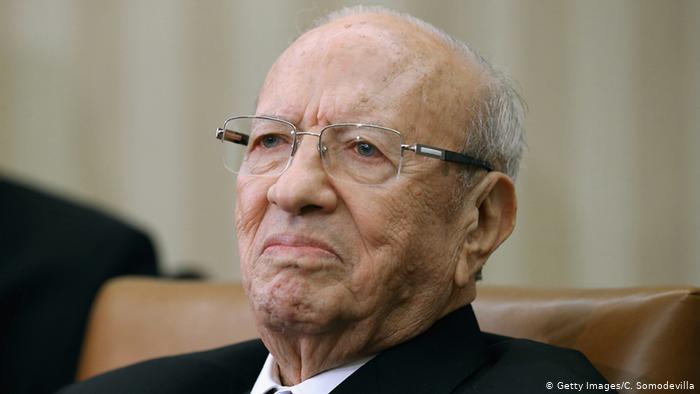
TUNIS (Reuters) – Tunisia’s biggest political party Ennahda named a candidate for presidential elections on Tuesday, the first time the moderate Islamist party has put up a nominee for the post since the country transitioned to democracy after the 2011 revolution.
Party vice president Abdel Fattah Mourou, 71, a lawyer, will run in elections due to be held two months early on Sept. 15 following the death of president Beji Caid Essebsi last month.
Liberal Prime Minister Youssef Chahed will also stand, his Tahaya Tounes party said last week, making him one of the likely frontrunners to succeed Essebsi.
Other candidates who have announced their intention to run include liberal former Prime Minister Mehdi Jomaa and Moncef Marzouki, who served as interim president for three years after autocrat Zine El Abidine Ben Ali was toppled.
Essebsi was chosen in the first democratic presidential election in 2014.
One of Ennahda’s most moderate leaders, Mourou has long demanded reforms to the party to make it more open and to distance it from the Muslim Brotherhood in other Arab countries.
Critics say Mourou is two-faced, however, and holds contradictory positions on the role of the Islam in society.
“Mourou is a highly regarded figure in Tunisia, he is able to unite Tunisians and to find consensus between rivals. This is what Tunisia needs now,” Imed Khmiri, a senior Ennahda official, told Reuters.
Mourou is currently acting speaker of parliament after former speaker Mohamed Ennaceur became interim president.
Tunisia’s president mainly has authority over foreign and defense policy, governing alongside a prime minister chosen by parliament who has authority over domestic affairs.
Reporting by Tarek Amara; Editing by Leslie Adler and Sonya Hepinstall


